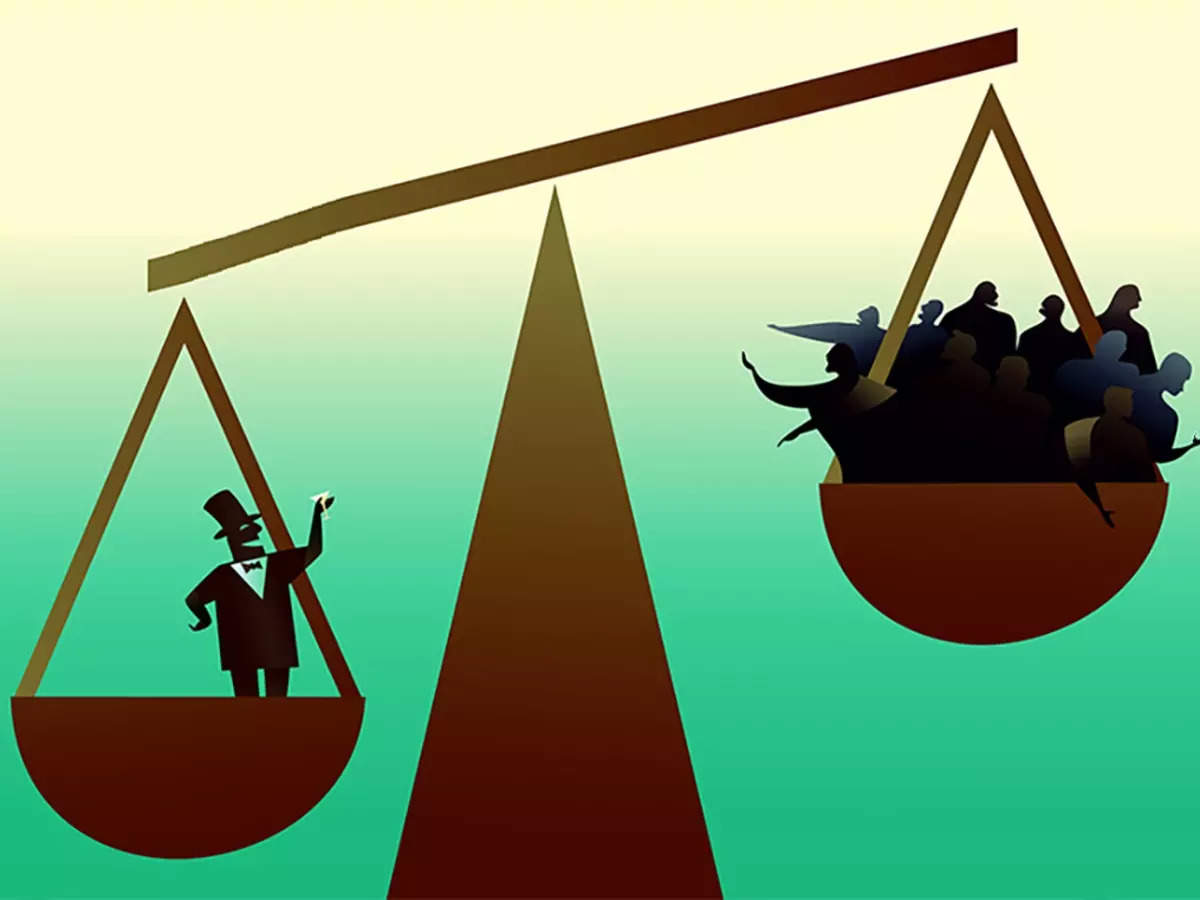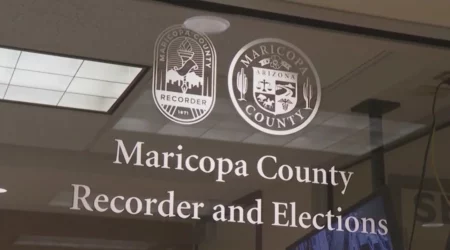By Lalit Garg
Oxfam in its latest global economic inequality report has warned that inequality is spreading very fast all over the world. The rich are getting richer very fast. Capitalism has increased the wealth on one hand and poverty has also increased on the other hand.
The report says that the gap between rich and poor is increasing instead of decreasing despite economic growth. The biggest impact of this dichotomy has emerged in the form of environmental imbalance and pollution. The expert believes that the growing gap between the rich and the poor will not reduce until concrete steps are taken by the governments particularly in the developing world.
Why did this happen? Have the seeds of this trend been in our traditions or is it the result of market pressure? Are the government systems giving incentives to the rich by giving the slogan of eradicating poverty?
The shocking fact is that despite the Corona epidemic, the wealth of rich people has increased rapidly across the world. Although the income of 84 percent of the households in India has decreased due to the pandemic, the number of billionaires has increased from 102 to 142. Not only this, between March 2020 and November 30, 2021, the income of billionaires has increased by about Rs30 lakh crore and has increased from Rs23.14 lakh crore to Rs53.16 lakh crore.
The figures show that the class which benefited the most in the epidemic is the wealthy class. Their wealth and income have increased, while the living of the poor has become more difficult. For this, the governments will have to try to increase the income of the lower class and collect fair taxes from the rich.
The only way to reduce economic inequality is that the workers should get their fair wages, the cultivators should get the fair price for their produce, the laborers should get their blood and sweat, and no human being should take advantage of the system and fill his vault more than necessary.
It is pertinent that the distribution of capital should be such that it is easily available to lakhs of villages of a vast country like India. But somehow Gandhi’s principle of trusteeship is elusive in government policies.
Focus on Human Development Index (HDI), increasing consumption, and government spending are key steps that are suggested by experts from time to time. The aim is that society has to be made life-oriented, not self-oriented.
For this, governments world over will have to make plans for both the long term and short term. In short-term programs, where it is very important to support the unorganized sector and increase the budget of schemes like MGNREGA so that cash reaches the hands working class. Long-term plans need to focus on education, health, nutrition, and employment.
Oxfam is spot-on to endorse policies that remove impediments to popular participation in global production, whether race or gender-based discrimination. But it ignores the history of how nations have grown rich when it urges taxation of wealth and redistribution as the primary means of reducing inequality.
In the 21st century, creating new wealth through production processes that have broad popular participation is the way to end deprivation, and India despite all its difficulties is marching ahead to achieve the goal.
(Writer is a senior journalist based in New Delhi.)












